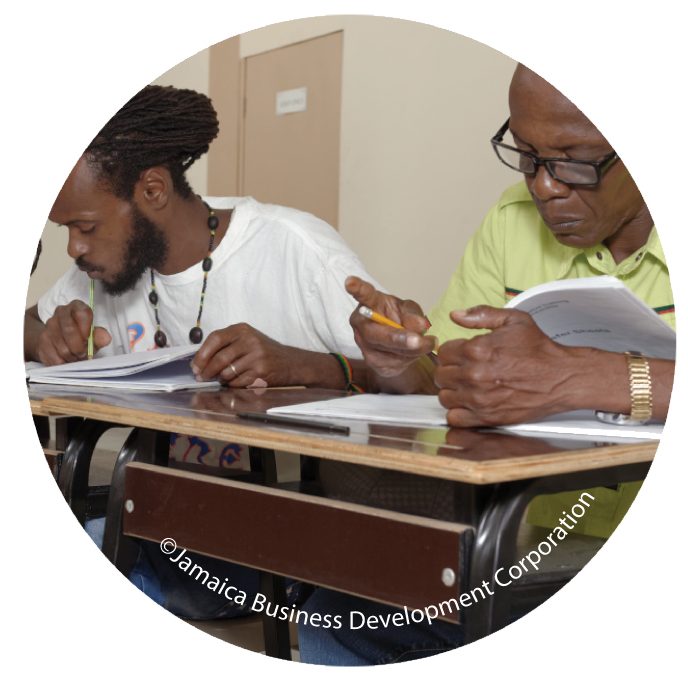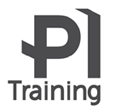THE IMPACT OF PI TRAINING
The impact of Personal Initiative (PI) Training is manifold. First, it changes the mindset of entrepreneurs, which enables them to identify new opportunities, act on them quickly, develop better ideas on how to influence their environment, get more feedback and persist in the pursuit of their new ideas. Second, by implementing an effective entrepreneurship training in developing and emerging countries all over the world, we support the growth of local businesses, and thereby contribute to poverty reduction. Third, we help policy makers and practitioners alike to develop better educational programs for entrepreneurs. Our trainings are based on scientific evidence, and our research meets the highest scientific quality standards by utilizing randomized control trials (RCT). RCTs are the only approach that allows to draw causal conclusions and to better understand the conditions and mechanisms by which entrepreneurship trainings affect business success.
PI Training has been implemented in the context of several internationally funded research projects in Africa, Latin America, and the Caribbean. PI Training is evaluated using multiple measurement waves. In Togo, for example, its impact was assessed over a period of more than two years. Below, you find some facts and figures from the team’s research in Uganda and Togo (see Glaub et al., 2014; Campos et al., 2017).

WHAT PARTICIPANTS SAY ABOUT PERSONAL INITIATIVE TRAINING
PERSONAL INITIATIVE TRAINING IN THE MEDIA
The Economist, September 21, 2017
WirtschaftsWoche, September 26, 2017
manager magazin, November 8, 2017
DOCUMENTED RESEARCH

